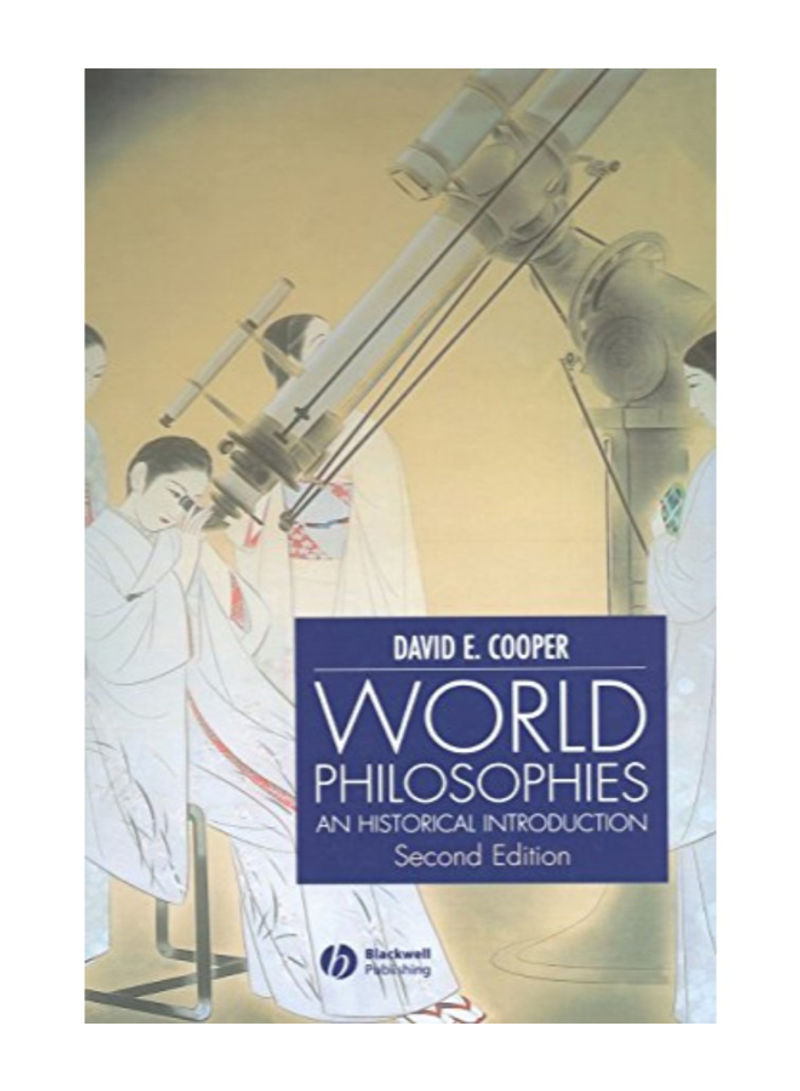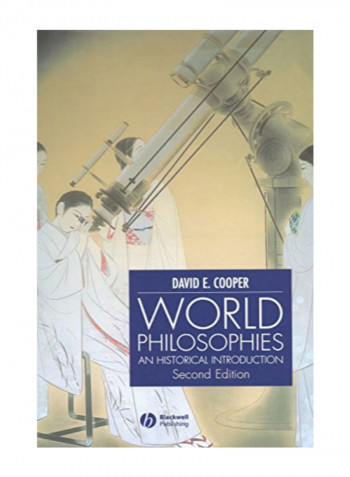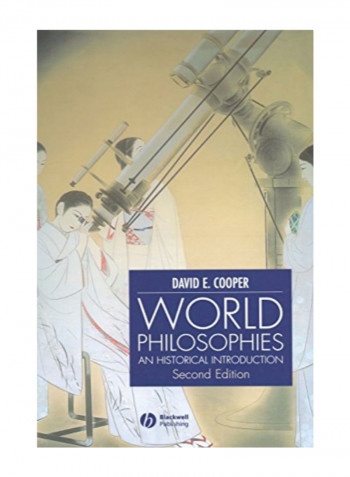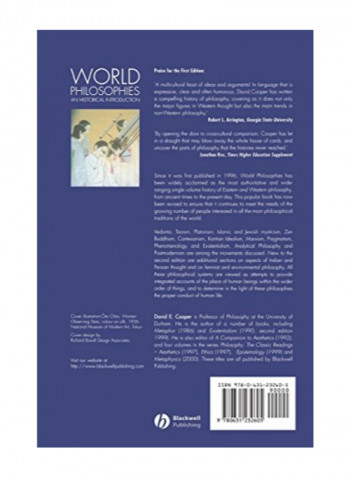World Philosophies: A Historical Introduction Hardcover 2nd Edition
Recommend
Sort by
Rating
Date
Specifications
Author 1
David E. Cooper
Book Description
Since it was first published in 1996, World Philosophies has been widely acclaimed as the most authoritative and wide-ranging single volume history of Eastern and Western philosophy, from ancient times to the present day. This popular book has now been revised to ensure that it continues to meet the needs of the growing number of people interested in all the main philosophical traditions of the world.Vedanta, Taoism, Platonism, Islamic and Jewish mysticism, Zen Buddhism, Cartesianism, Kantian Idealism, Marxism, Pragmatism, Phenomenology and Existentialism, Analytical Philosophy and Postmodernism are among the movements discussed. New to the second edition are additional sections on aspects of Indian and Persian thought and on feminist and environmental philosophy. All these philosophical systems are viewed as attempts to provide integrated accounts of the place of human beings within the wider order of things, and to determine in the light of these philosophies the proper conduct of human life.
ISBN-13
9780631232605
Language
English
Publisher
John Wiley And Sons Ltd
Number of Pages
580
About the Author
David E. Cooper is Professor of Philosophy at the University of Durham and Director of the Durham Institute of Comparative Ethics. He is the author of a number of books including Metaphor (1986) and Existentialism (1990, second edition 1999). He is also editor of A Companion to Aesthetics (1992), and four volumes in the series Philosophy: The Classic Readings - Aesthetics (1997), Ethics (1997), Epistemology (1999) and Metaphysics (2000). All of the above are published by Blackwell.
Edition Number
2nd Edition
Editorial Review
A multicultural feast of ideas and arguments! In language that is expressive, clear and often humorous, David Cooper has written a compelling history of philosophy, covering as it does not only the major figures in Western thought but also the main trends in non-Western philosophy.' Robert L. Arrington, Georgia State University 'By opening the door to cross-cultural comparison, Cooper has let in a draught that may blow away the whole house of cards, and uncover the parts of philosophy that the histories never reached.' Jonathan Ree, Times Higher Education Supplement





